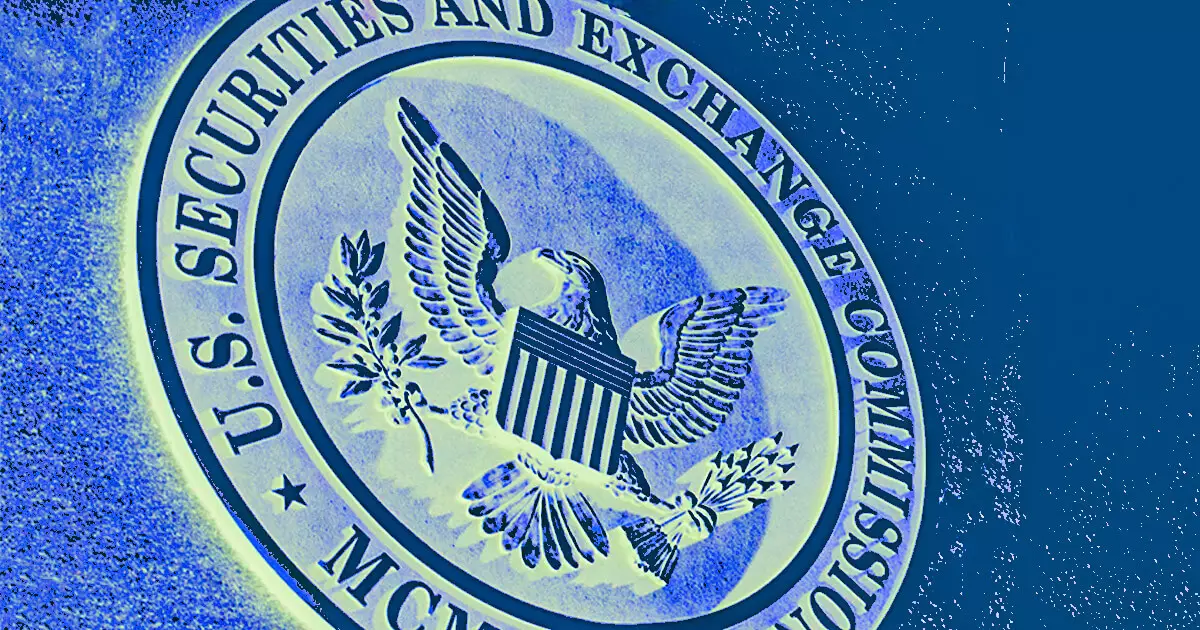In recent months, the world of Non-Fungible Tokens (NFTs) has become a focal point of debate, particularly concerning regulatory frameworks. The SEC’s enforcement actions against platforms and creators in the NFT space raise significant legal and ethical questions. One such instance involves the Flyfish Club, a high-end dining establishment that offered exclusive membership through the sale of NFTs. SEC Commissioners Hester M. Peirce and Mark T. Uyeda publicly criticized the commission’s decision to take action against Flyfish Club, claiming that the enforcement was unwarranted and damaging to the trust in regulatory bodies.
Flyfish Club’s transaction involved the sale of around 3,000 NFTs, priced between $8,400 and $14,300, generating approximately $14.8 million. The NFTs were marketed as tickets for unique culinary experiences and not as tradable securities. Peirce and Uyeda pointed out that it is essential to recognize the distinction between utility and securities; they argued that these NFTs primarily serve as utility tokens, offering holders access to extraordinary dining experiences rather than financial investment opportunities. Their stance hinges on the interpretation of the Howey Test, which is traditionally employed to ascertain whether an asset should be classified as a security.
The dissenting commissioners analogized the nature of Omakase dining, which necessitates a profound level of trust, to the relationship consumers must have with regulatory bodies like the SEC. The enforcement action, according to Peirce and Uyeda, diminishes the trust that American citizens ought to have in regulatory entities. They warned that the application of securities laws to NFTs—products designed for entertainment and membership—could set a precarious precedent that stifles innovation and experimentation in a rapidly evolving digital landscape.
The ramifications of the SEC’s decisions extend beyond individual cases to the broader NFT marketplace. The warning issued to OpenSea, a prominent NFT platform, underscores the regulatory scrutiny that creators must navigate. OpenSea’s CEO Devin Finzer articulated concerns that such actions could inhibit creativity and innovation within the artist community. In response, the Stand With Crypto Alliance has initiated the Creator Defense Fund, totaling $6 million. This fund aims to protect artists and creators facing challenges imposed by regulatory enforcement, highlighting an emerging grassroots movement advocating for clearer guidelines.
As the NFT market continues to grow, Peirce and Uyeda emphasized the urgent need for the SEC to establish comprehensive guidelines regarding the classification of NFTs. These standards would allow creators to explore and innovate without the looming fear of regulatory backlash. The need for clarity is critical, especially given the unique positioning of NFTs in the digital economy. Without it, the risk is that regulators may inadvertently stifle a burgeoning sector, limiting opportunities for artistic expression and technological advancement.
The case of the Flyfish Club serves as a microcosm of the broader complexities surrounding NFT regulation. The divide between innovation and regulatory compliance is palpable, and as the SEC navigates these waters, it is crucial to balance safeguarding investor interests while fostering a nurturing environment for creativity. Moving forward, clearer parameters for NFTs could empower artists and entrepreneurs, ensuring that innovation flourishes without the fear of unnecessary legal entanglements.

